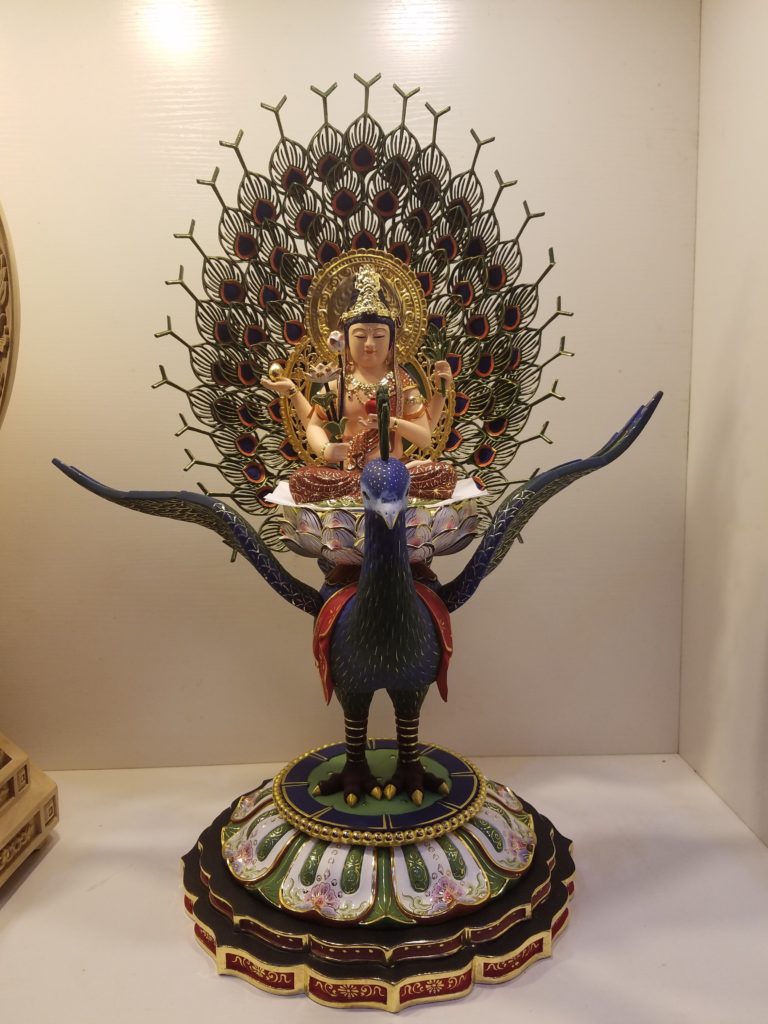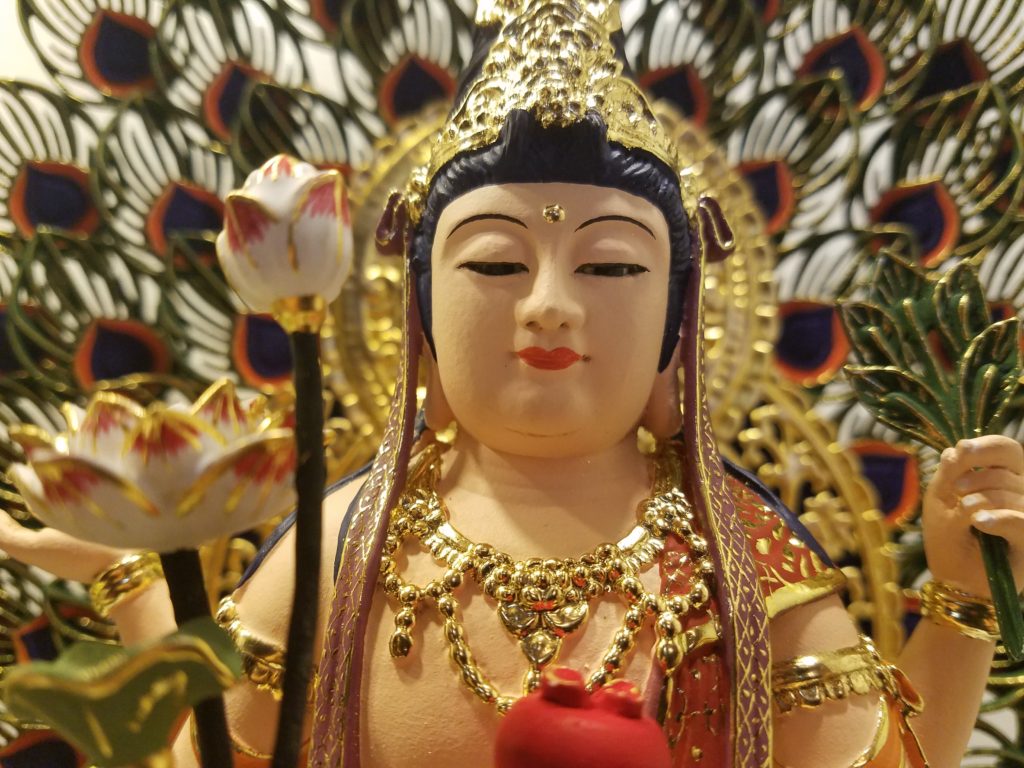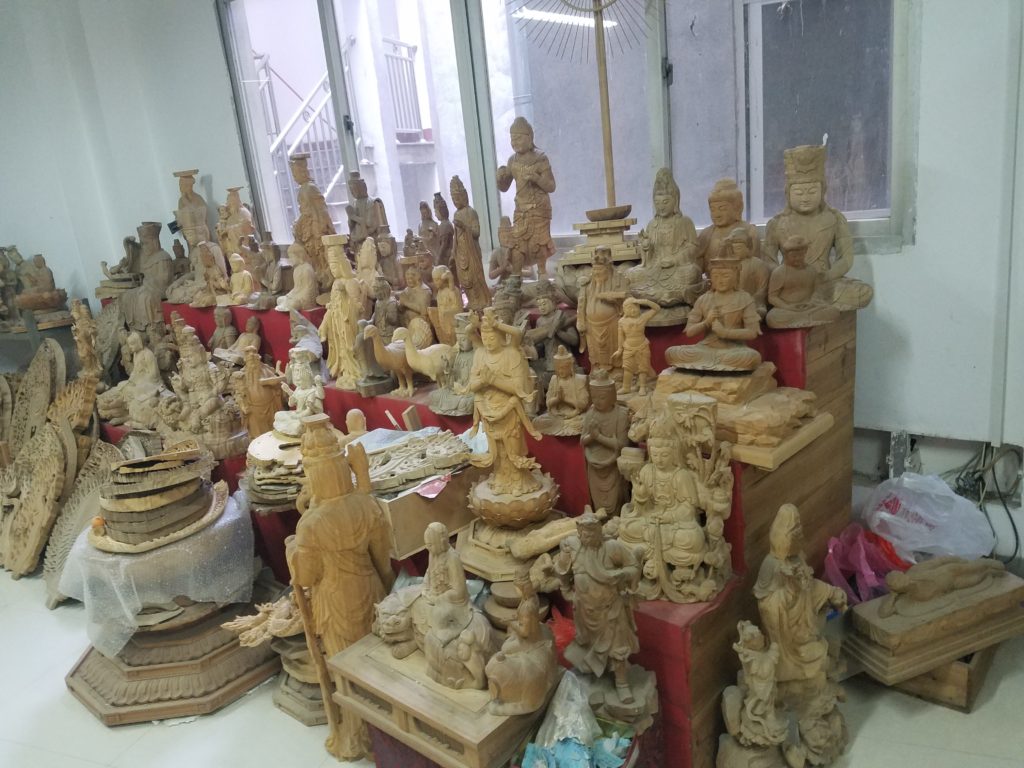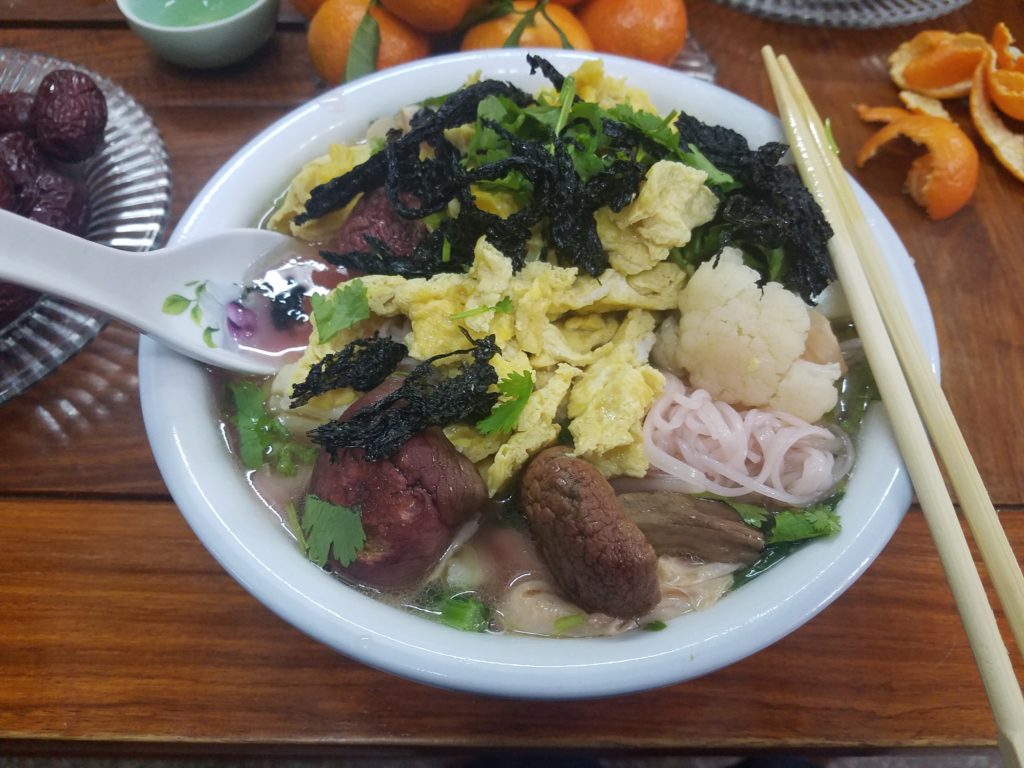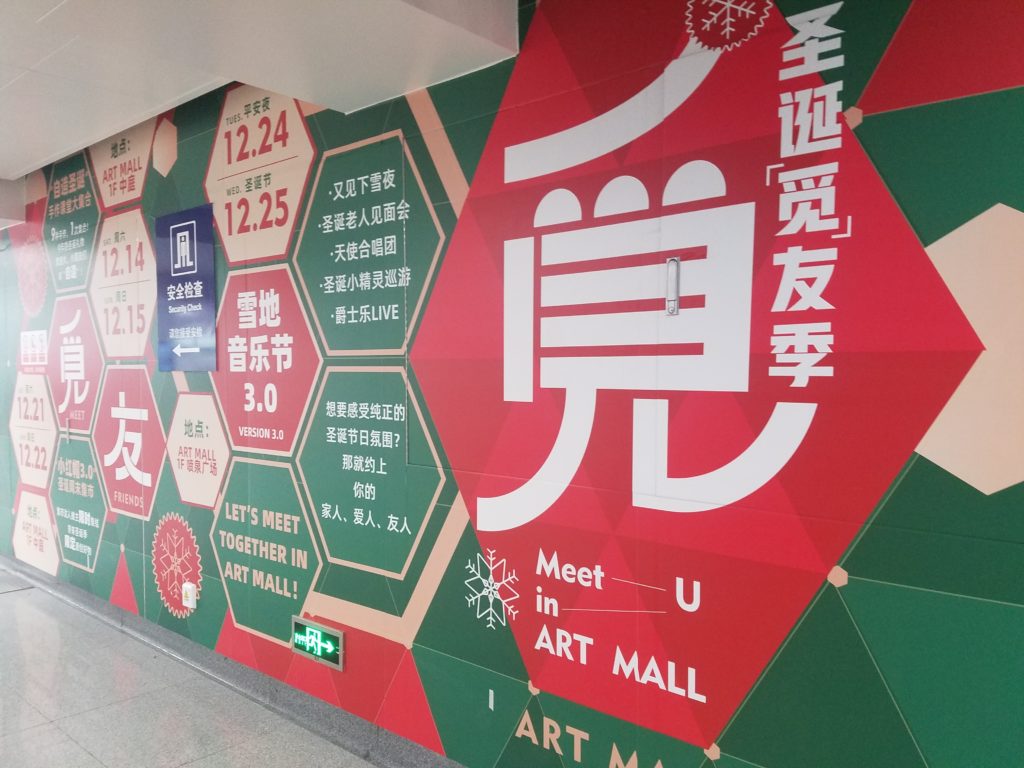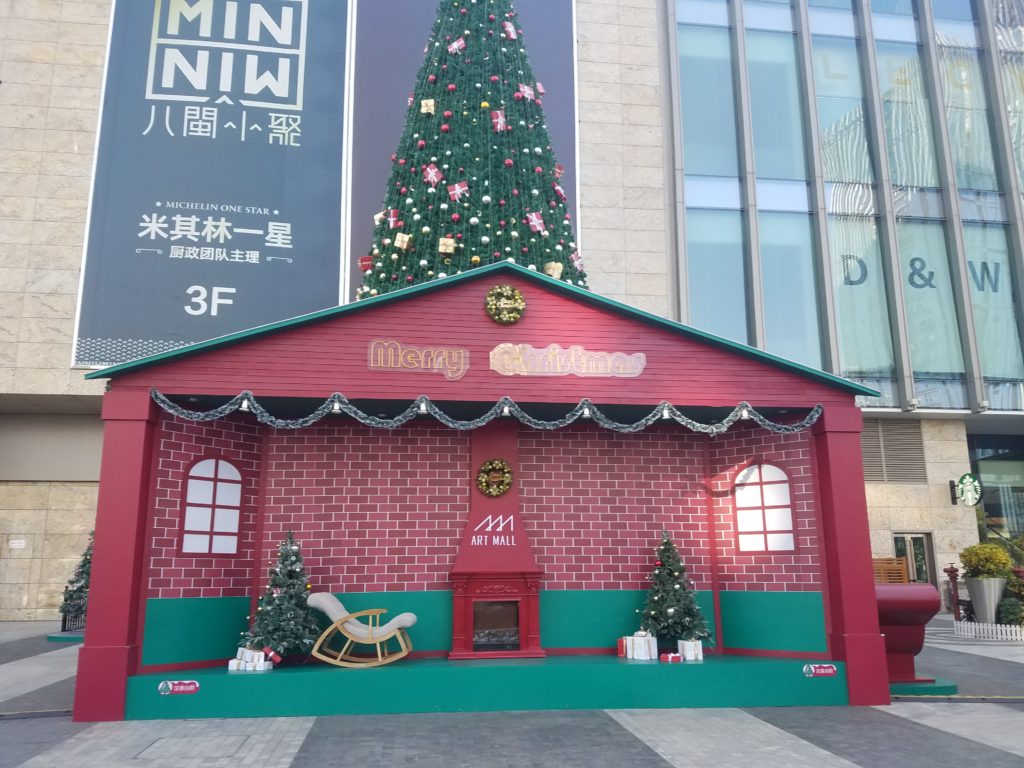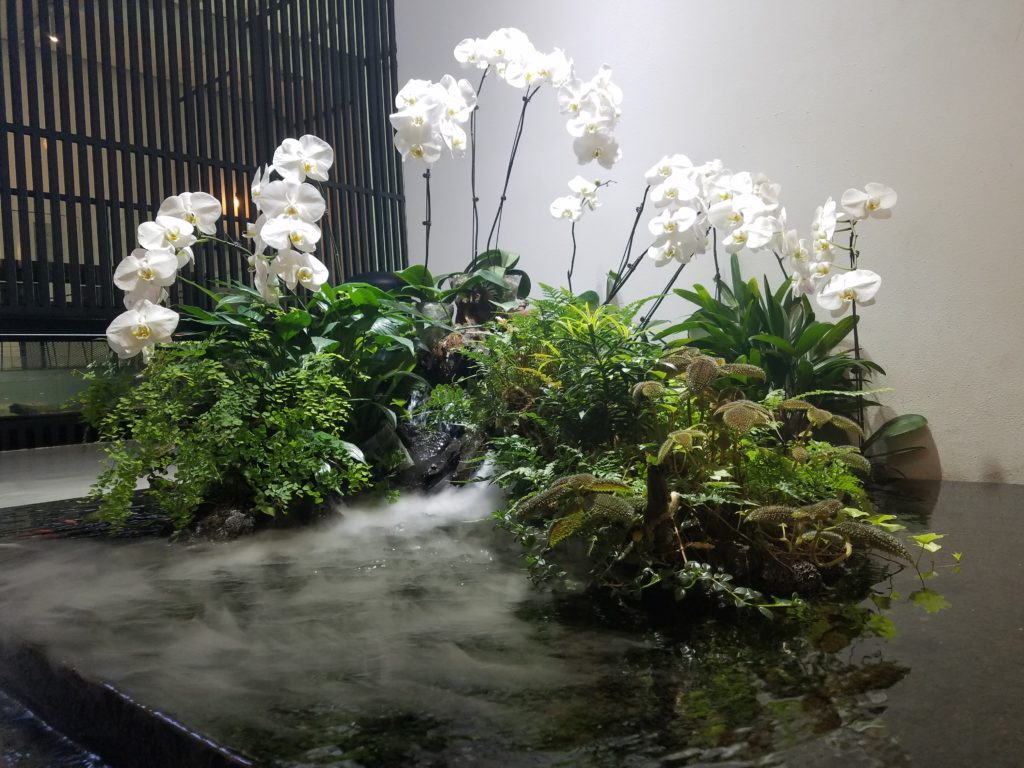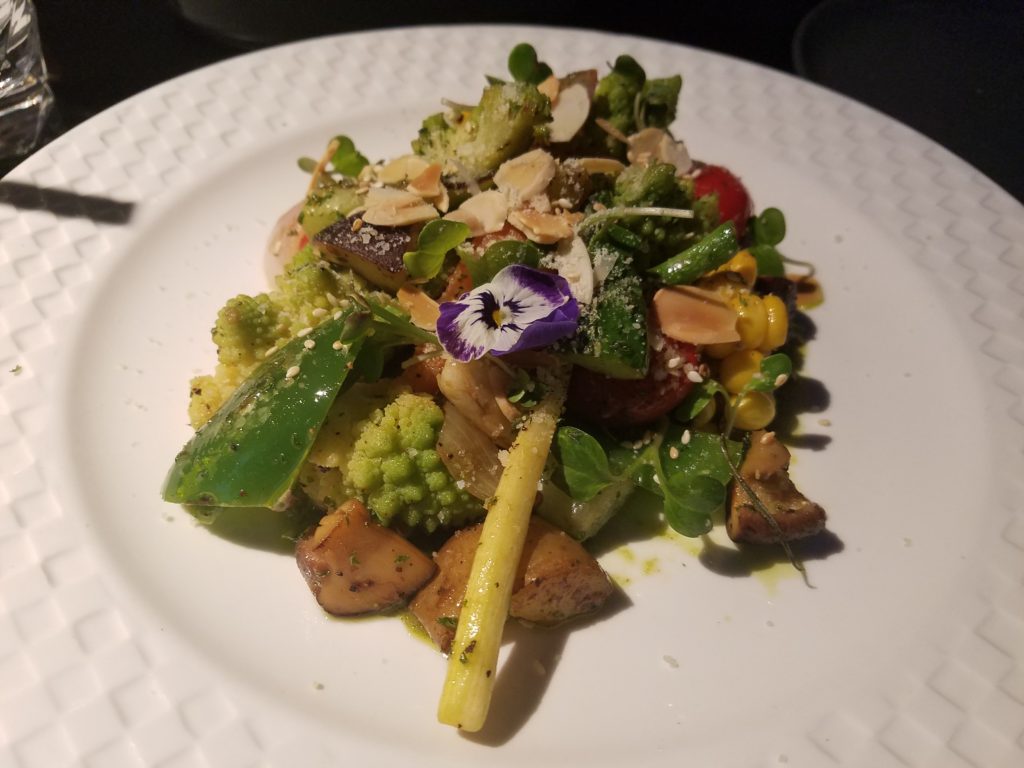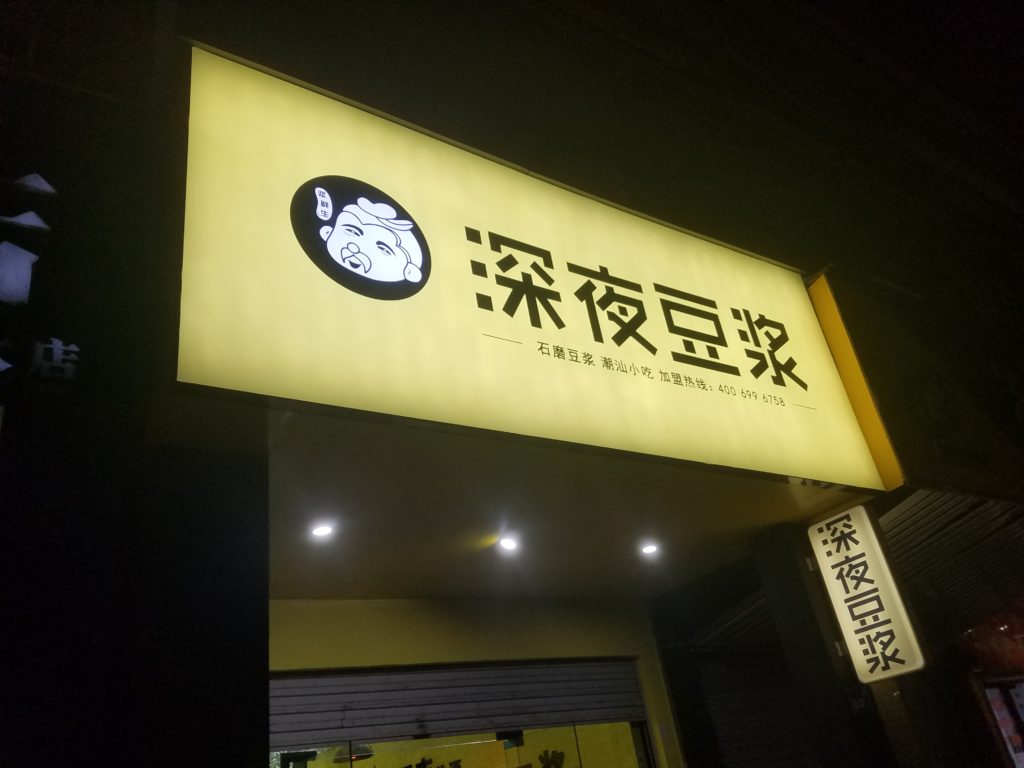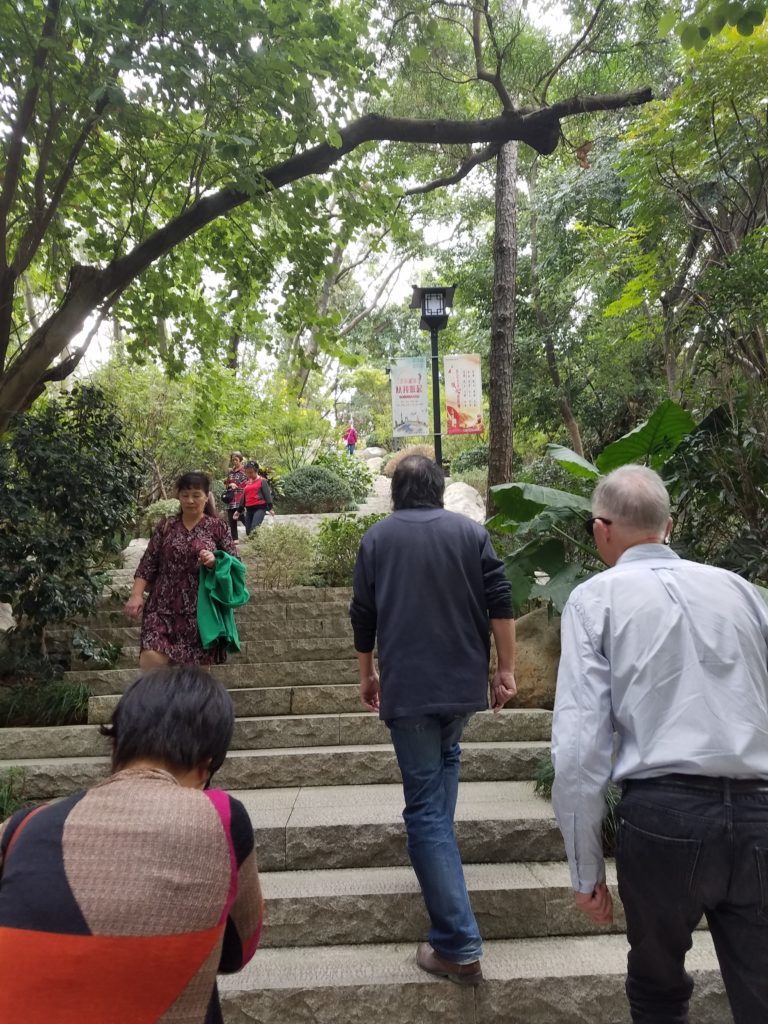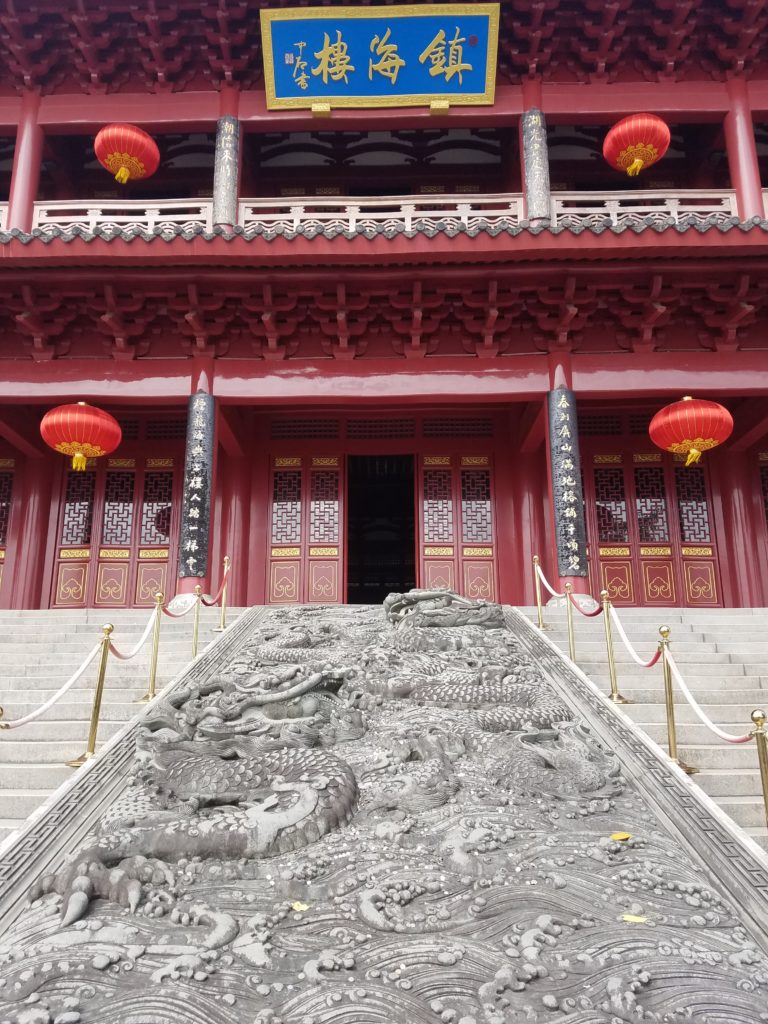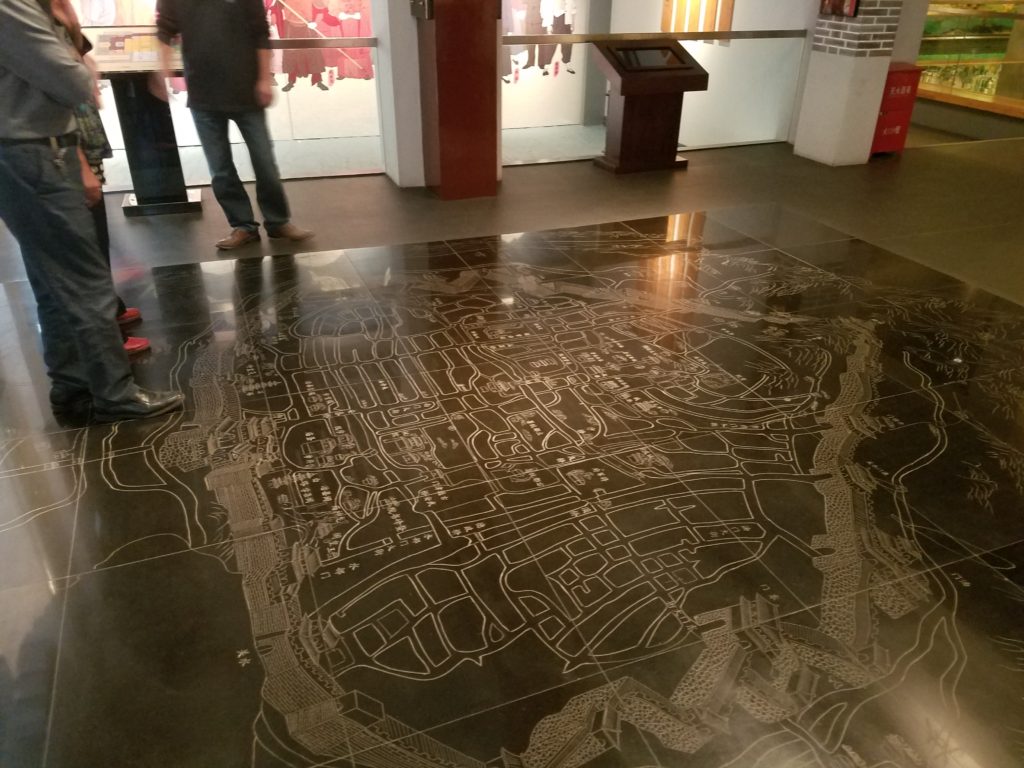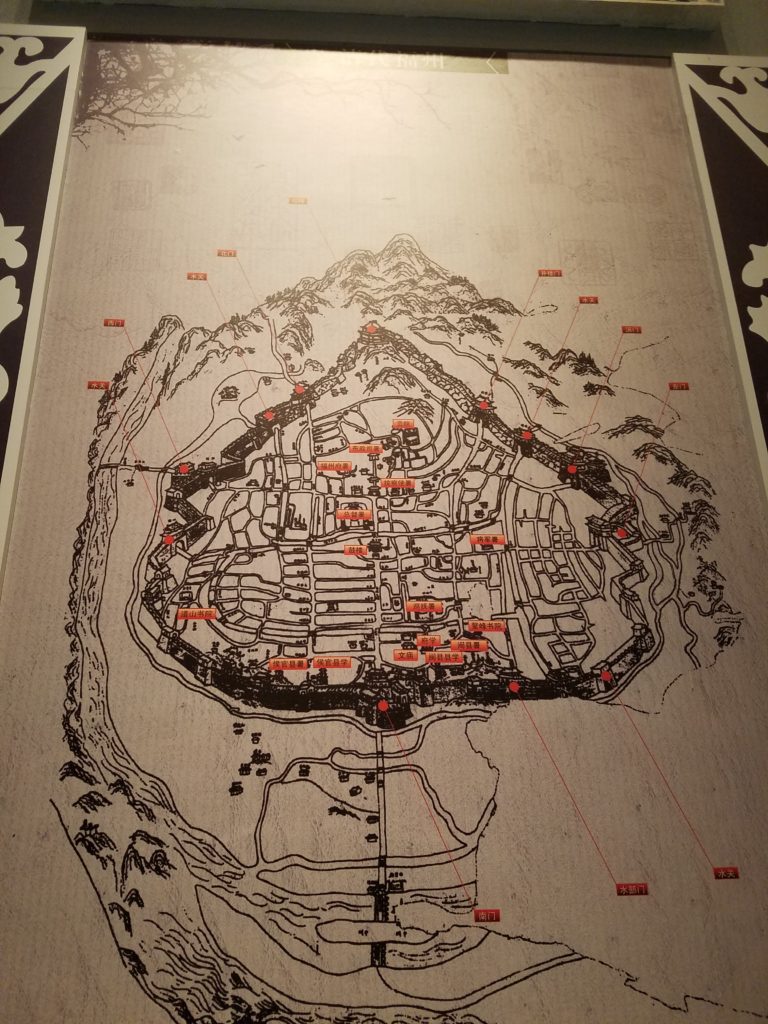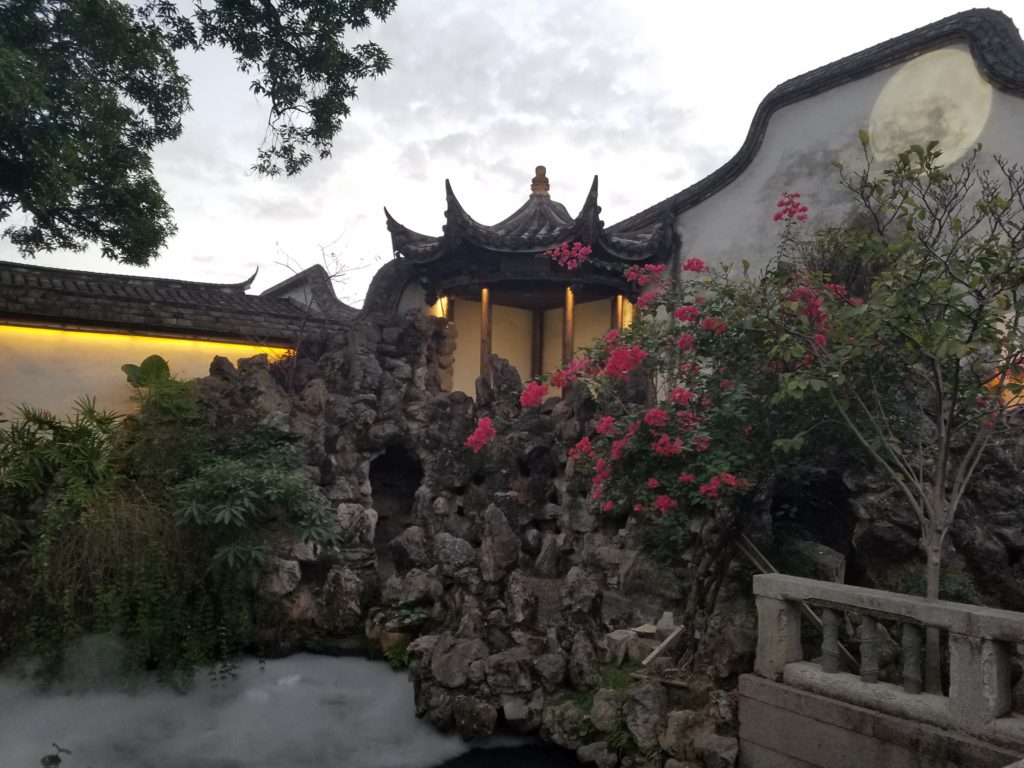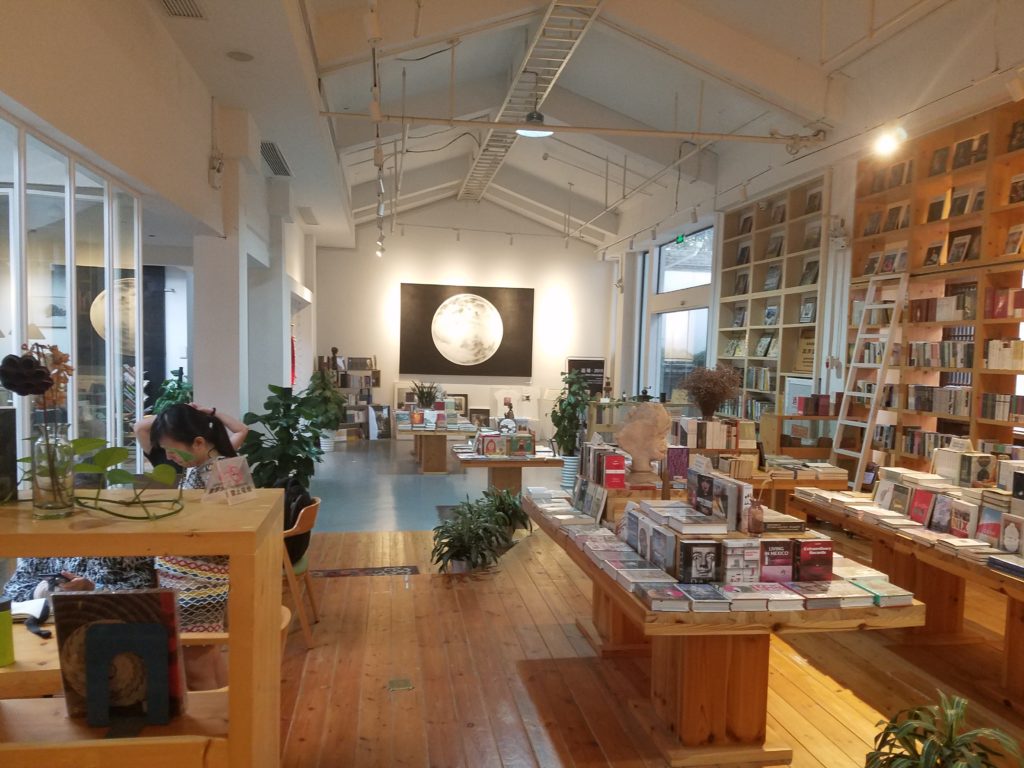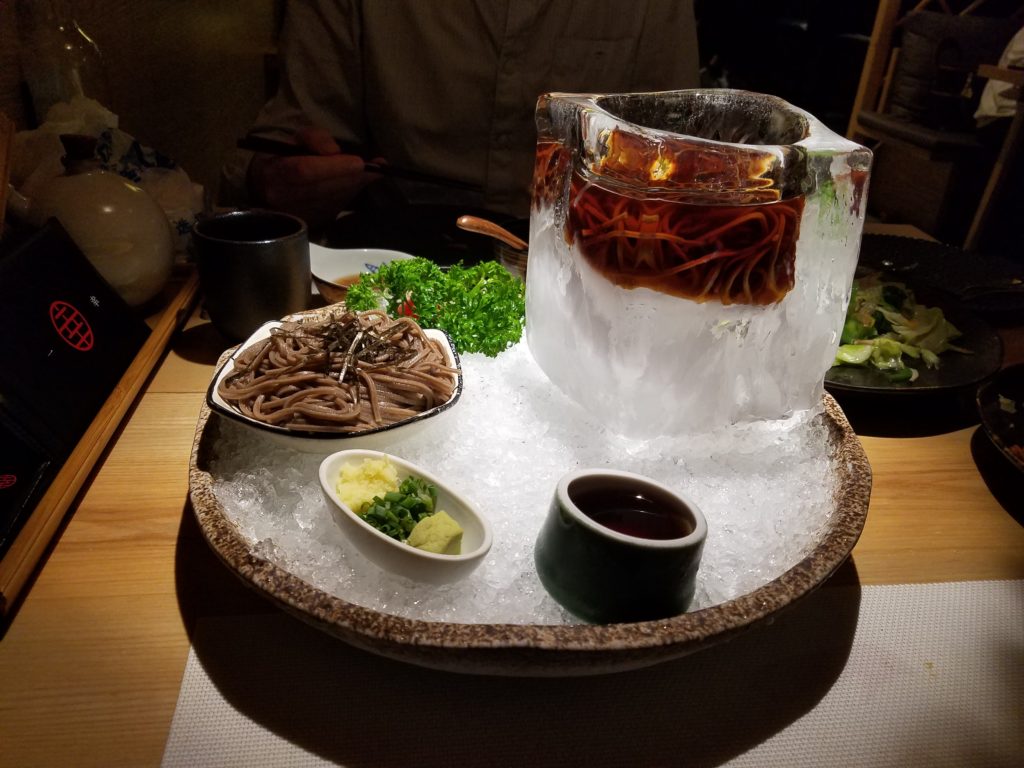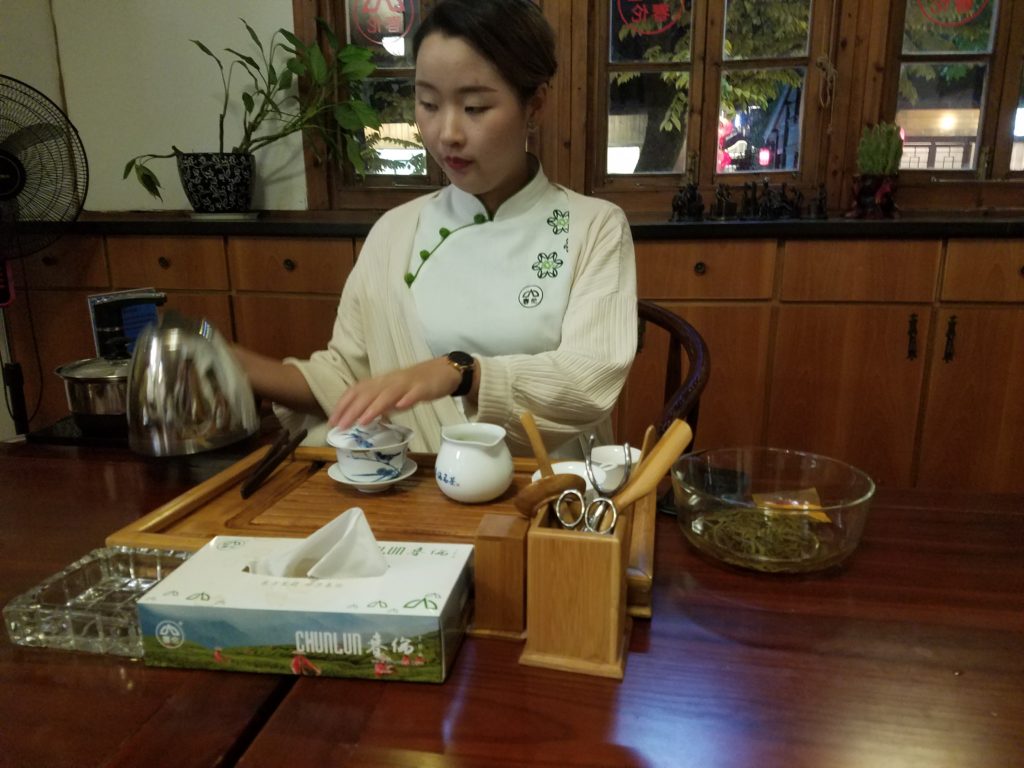I got off the plane to a familiar feeling: the damp chill that defined my childhood in Portland. Through a window, I peered up at the gray sky—yup, very Portland.
But the similarities ended there. As I walked through the subway station, navigating my way to Tianlongsi, I began to realize how big and bustling Nanjing was.
Being the site of war atrocities and the regal capital of various dynasties prior, Nanjing is a city of history and heritage. Nestled in the Jiangnan region, it was nurtured by the boom of scholarly culture and commercial enterprises, developing a distinct flavor that distinguishes it from its northern counterpart: Beijing.
After about an hour on the train, I made it to my intended destination: Tianlongsi station. It was then, just as I was exiting the station, that I remembered—I forgot to bring an umbrella.
I chuckled to myself. This really did feel like Portland again.
I walked through the chilly drizzle, reminiscing about my afternoon walks home from school in the chilly rain.
And in a sense, I was returning home.
I turned my head and immediately saw the imperial glazed tiles. Home.
I started walking towards the towering complex. How long had it been since I had visited a temple? Despite living in one for months at a time while in Los Angeles, I hadn’t visited a temple since coming to China. A random shrine here and there, sure, but nothing that felt like a temple. The temples in China do not feel like active spaces, but rather as passive landmarks poised to charge admission and sell incense to tourists. Faced with such a predicament, I typically just abstain from going, as I presume it will lead to more disappointment.
But Tianlong Temple is different.
I was greeted halfway down the street by a young temple assistant in his 20s, perhaps only a few years older than me. He took my luggage and brought me to my room, where I got settled. After receiving the Wi-Fi password and key card, we set off for a quick tour of the grounds.
Since the temple is still under construction, it’s not officially open to the public. However, there is a growing team of volunteers—all trained with the unmistakable signature of Fo Guang Shan’s impeccable service.
The first thing I noticed was that they were all well-versed in temple etiquette. Moreover, they had the perfectionism of any experienced temple volunteer. The altars, flowers, and bookshelves were all meticulously cared for.
Most nostalgic of all though was the moment we started evening service. The comforting scent of aloeswood coupled with time-old chants brought me home in a different sense—back to evenings in my childhood temple, where the sound of slow, melodic chanting was interspersed with the pattering of rain on the rooftop.
After we concluded, I befriended some of the temple residents, including two young monks from India. I’ve since become their go-to English conversation partner, since they haven’t met anybody who speaks English since arriving in China.
The next morning continued my nostalgia, as the sound of a wooden board woke me from my sleep—and sent a rush of adrenaline through my body. I jumped out of bed and dashed to the bathroom, preparing for a line of people trying to finish washing up.
Except I forgot that I live in a sparsely-occupied hallway.
Nobody was in the restroom, and the next guy who walked in groggily about 5 minutes later stared at me, confused as to why I was brushing my teeth so vigorously at 6:05 am.
The rest of the day went smoothly. In my spare time, I helped arrange some supplies for the office, and in the evening I went out to browse the nearby mall, where I found a delightful bookstore and cafe. While I didn’t buy any books, I was enticed by the sale that Muji had going on. Besides, I thought to myself, I need more clothes to survive this chilly weather anyways.
I came out with three sweaters, three button-ups, two long-sleeved tee shirts, one pair of shoes, a phone charger, and a bag of hojicha latte mix. All of these—especially the last item—are winter essentials.
I’m looking forward to my month here. Between the familiar cold weather, delicious vegetarian food, and clockwork routine, I’m hoping that this month will provide a conducive atmosphere for my project.
